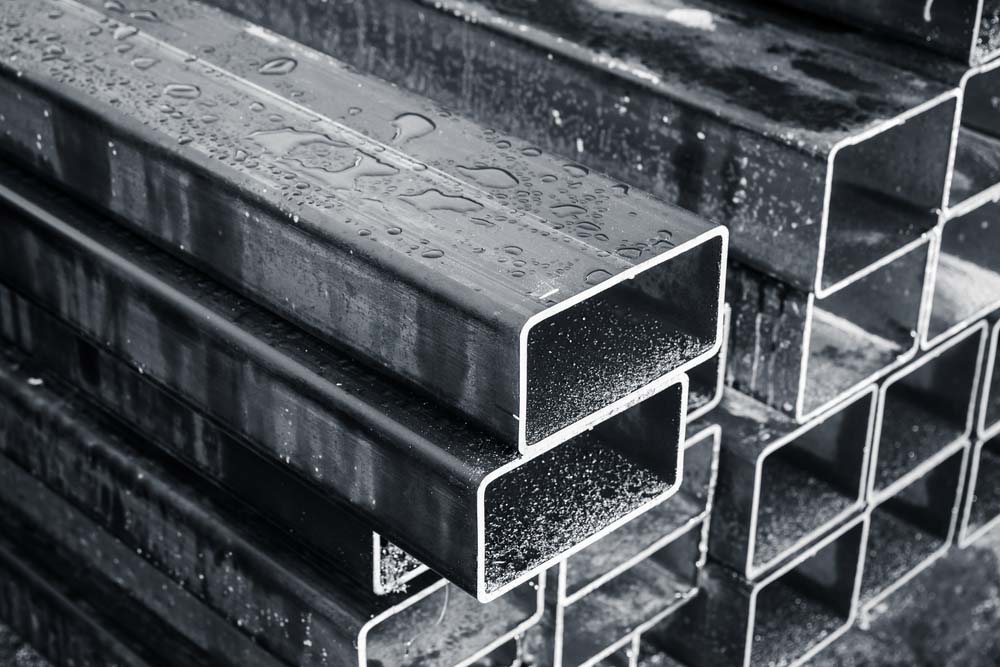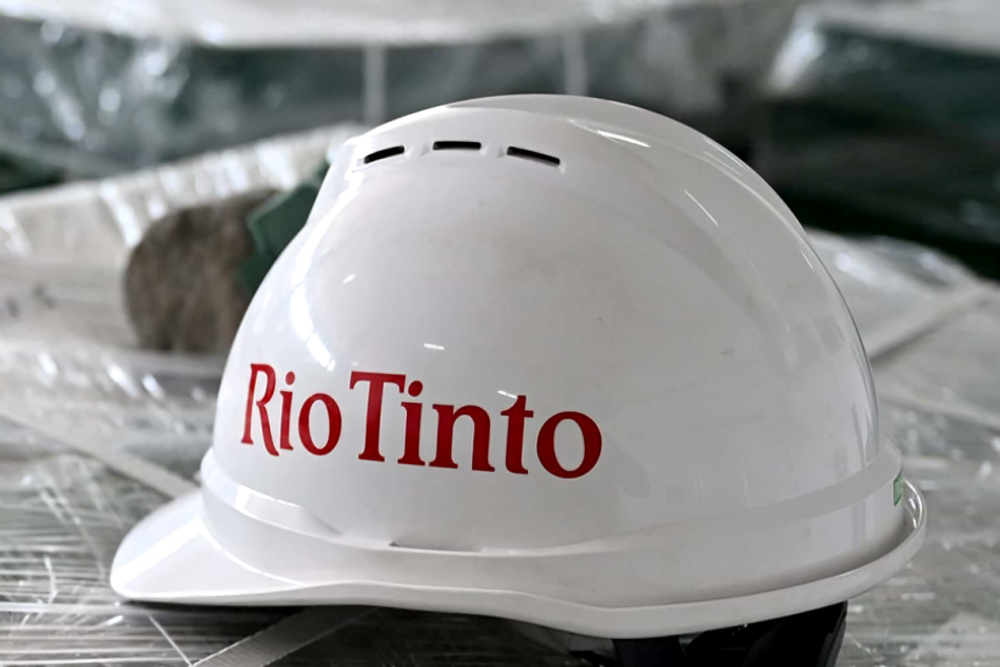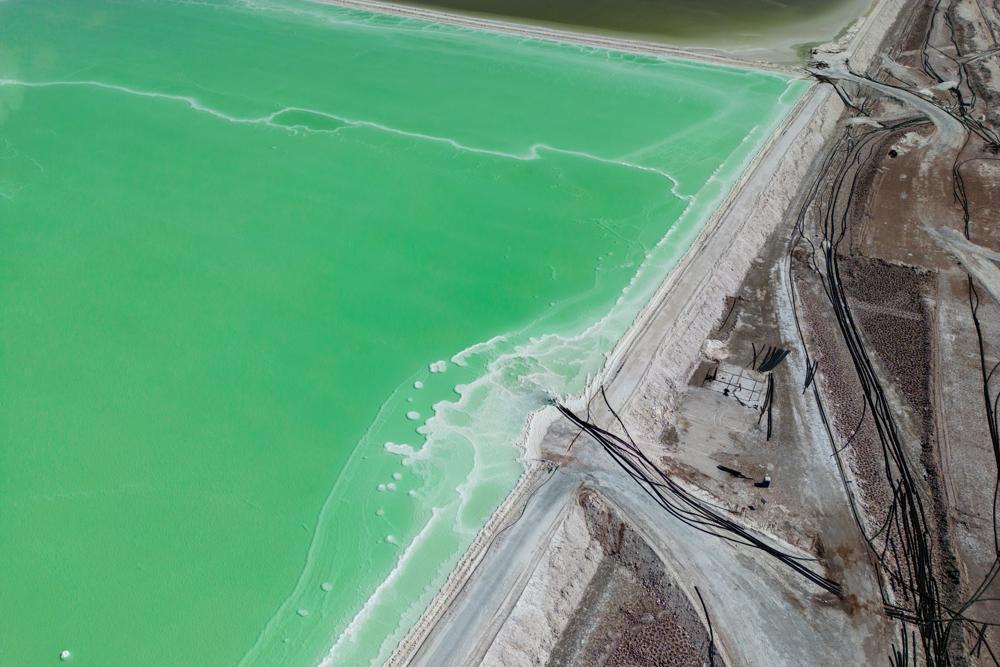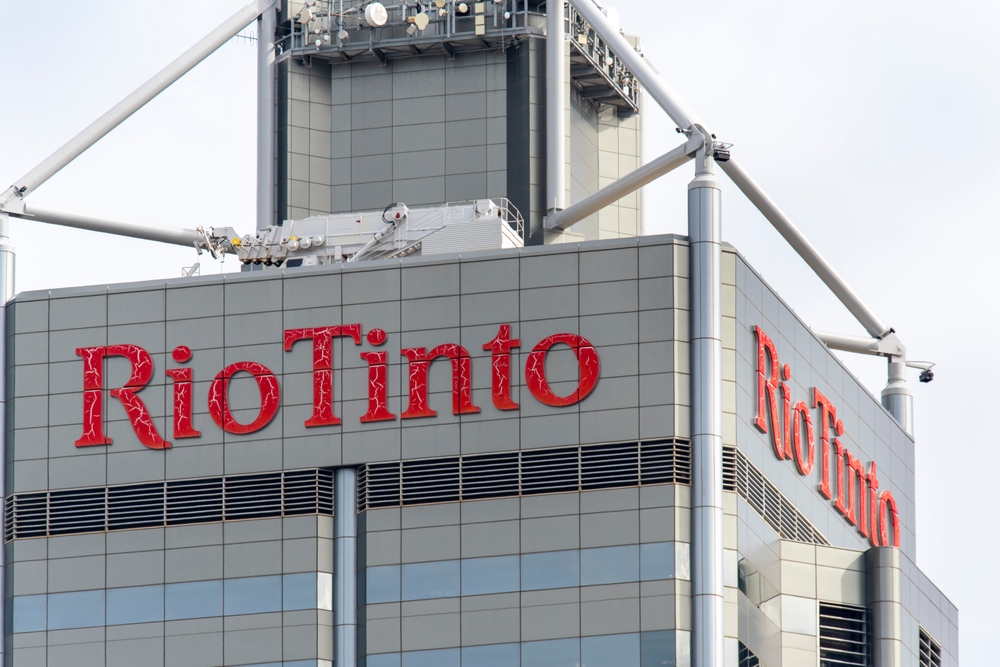
In a major step towards reducing emissions in the steel industry, Rio Tinto has announced a $215 million investment in a new research and development facility in the Rockingham Strategic Industrial Area.
The facility will focus on trialling the company’s innovative BioIron process, which uses raw biomass like wheat straw and canola stalks to turn Pilbara iron ore into metallic iron for steelmaking.
The BioIron process eliminates the need for coking coal in the steelmaking process, potentially reducing carbon dioxide emissions by up to 95 per cent compared to traditional methods.
Rio Tinto first proved the effectiveness of the BioIron process in a small-scale plant in Germany, and the new Perth facility will include a semi-industrial scale pilot plant that will be 10 times larger than its predecessor.
The BioIron facility is expected to create around 60 construction jobs and support about 30 full-time employees, helping to develop skills in low-carbon steelmaking.
Fabrication of equipment for the facility will begin this year, with commissioning expected in 2026.
Premier Roger Cook said: “As one of the world’s largest iron ore producers, it just makes sense for WA to lead the world when it comes to low-emission steelmaking. Our plan to turn WA into a renewable energy powerhouse opens up massive economic opportunities for the future, like producing low-emission steel right here at home.”
Rio Tinto Chief Executive Iron Ore, Simon Trott, emphasised the importance of the BioIron technology in the global effort to reach net zero emissions.
“The world needs low-carbon steel to reach net zero, and we are working to make this a reality by finding better ways to turn our Pilbara ores into steel,” he said.
“BioIron is a world-first technology that has the potential to play a significant role in a low-carbon steel future.”
The project is part of the Western Australian government’s commitment to transitioning the industrial strip to a clean energy future and diversifying the state’s economy.
“Processing iron ore in WA will create jobs, reduce the world’s carbon emissions and help to diversify and strengthen our economy for decades to come,” Premier Cook added.
With the global steel industry under increasing pressure to reduce its carbon footprint, the BioIron facility in Western Australia represents a significant step towards developing sustainable and low-emission steelmaking processes.










